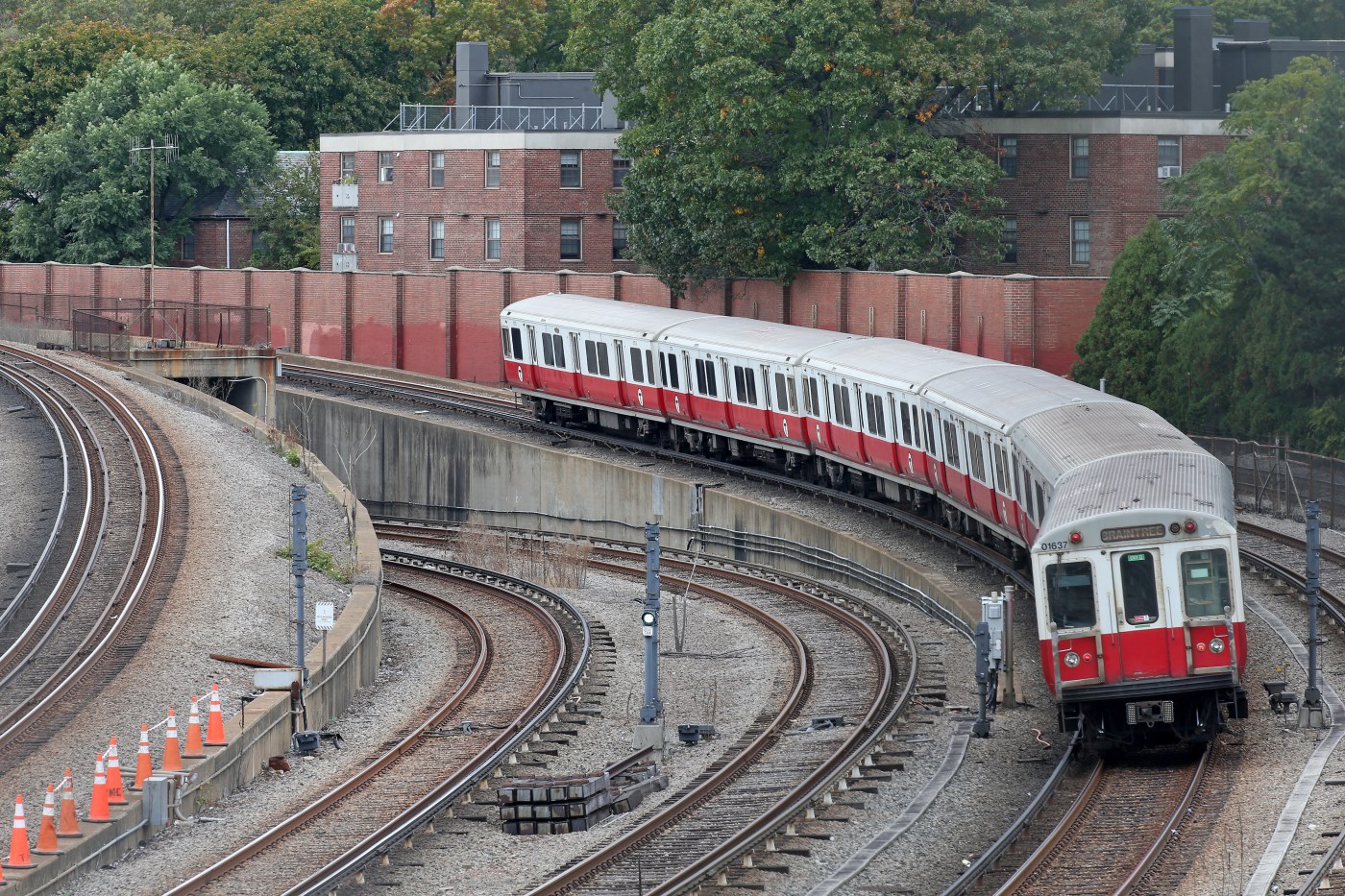
Chieppo: Healey task force should focus on T pension $$
With federal COVID relief money running out, the budget picture is again ominous at the MBTA. The projected operating deficit is $479 million this year, and it’s expected to reach $700 million next year.
Things don’t look much better on the capital side. There, the T’s new five-year plan calls for spending $9.6 billion – more than a four-fold increase over what the T spent in 2015, the year the system collapsed in the snow. But even that $9.6 billion is eclipsed by more than $11 billion in capital needs that will go unfunded over the five years.
But spending more money won’t solve all the MBTA’s problems. Gov. Healey’s new Transportation Funding Task Force should also look at T costs, which are often dramatically higher those of comparable transit agencies. Perhaps the lowest-hanging fruit on that front is the MBTA Retirement Fund, which should be dissolved and absorbed into the Massachusetts State Employees’ Retirement System.
In 2007, the T spent $37 million on the pension; when you include the MBTA Police, it is planning to spend about $208 million this year. Despite the massive increase, the pension has gone from 94% funded in 2006 to 51% funded at the end of 2022. A “death spiral” generally accelerates when retirement system funding falls below 50%.
The reasons for the free fall aren’t a mystery. At the end of 2022, the MBTA had 5,555 active employees paying into the fund and 6,783 collecting. That’s what happens when employees hired before December 2012 can retire with a full pension after 23 years regardless of age. Those hired after that date can retire once they’re 55 with 25 years of service.
In 2022, the T won an important victory when an arbitrator ruled that most employees would have to work until 65 to earn a full pension. MBTA management promptly bargained it away.
T pensions are also more generous than those than most state employees receive. A 60-year-old state employee with 25 years of service who earns $80,000 a year would get an annual pension of around $30,000. At the T, that person would receive around $50,000 annually.
Finally, unlike state employees, MBTA workers also pay into and collect Social Security.
The T and its unions do have a plan for the retirement fund. Unfortunately, the plan appears to be to wait until the pension implodes, then go to Massachusetts taxpayers for a bailout.
That’s not good enough. The Transportation Funding Task Force should stave off disaster and bring an end to the excess that brought us to this point by recommending that the MBTA pension be absorbed into its state counterpart.
Charles Chieppo is a senior fellow at Pioneer Institute.


